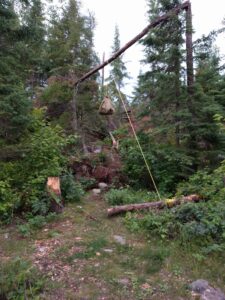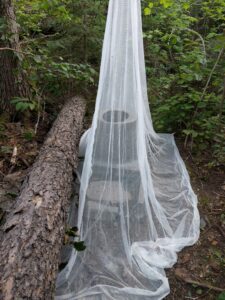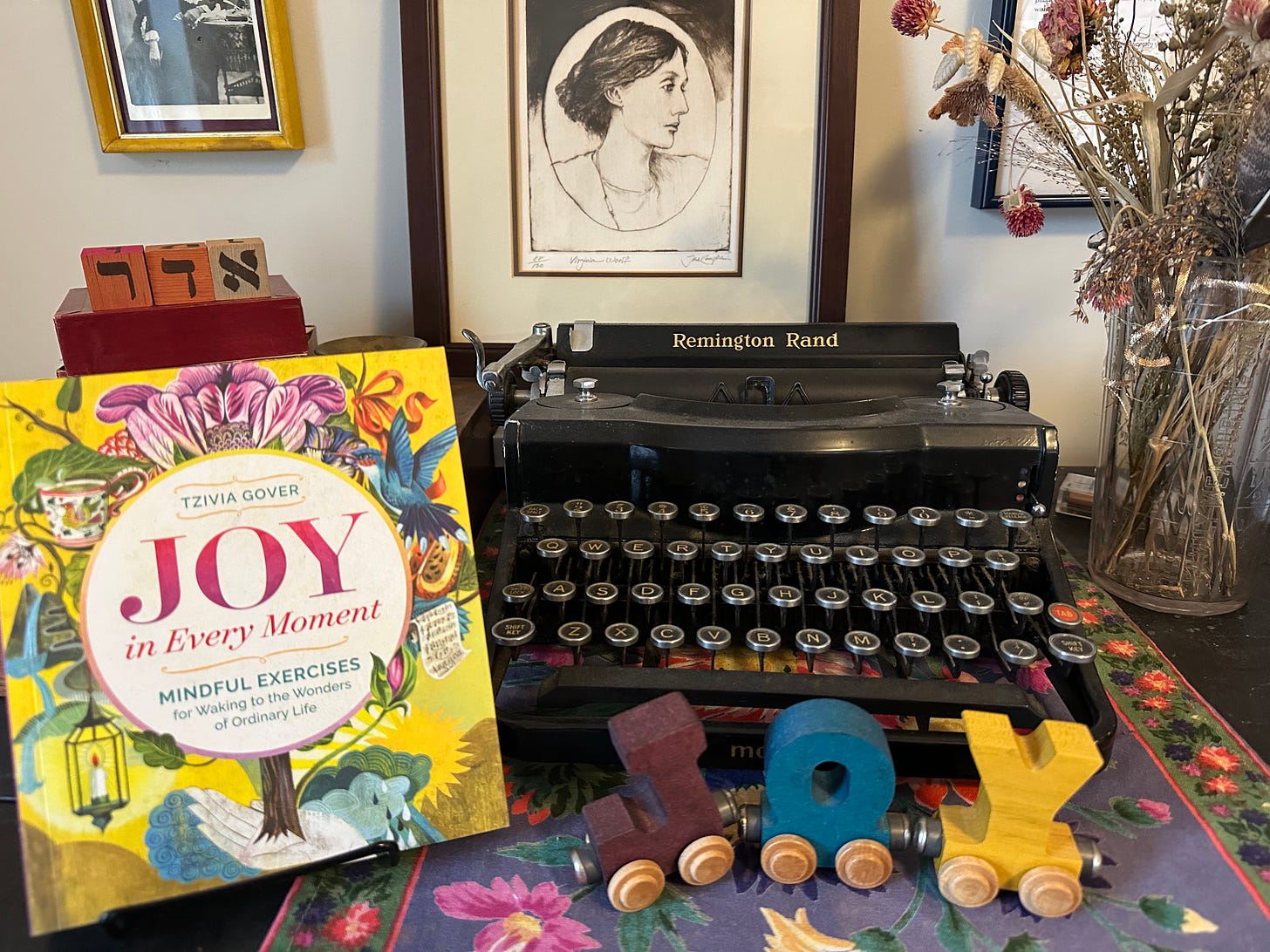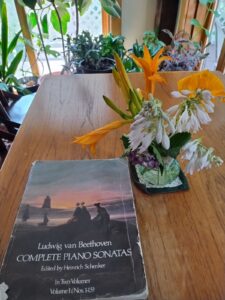When I was a child, I wanted to be a Broadway star. I’d been on raised on musicals and nothing made me happier than singing and dancing in the living room while belting out the entire sound track of Mary Poppins or The Sound of Music. In my fantasies, I sounded fantastic, totally ready for the special day I’d be discovered and spend the rest of my life singing on stage.

Disney-Grandpa https://www.flickr.com/photos/8674970@N04/ modified by Dr. Disney Wizard https://www.flickr.com/photos/disneywizard/, CC BY-SA 3.0 US <https://creativecommons.org/licenses/by-sa/3.0/us/deed.en>, via Wikimedia Commons
Sometimes I still feel this way—not as a singer, or a pianist, but in my writing, which ended up being the creative channel I pursued the most seriously. I’ll draft a poem, or a story, a blog, or an essay and say to myself, Wow, this is fantastic! This is the best thing I’ve ever written! It’s such a buoyant and exhilarating feeling, the sheer joy, the high, from having created this precious piece! And there are even times I feel a similar high when playing the piano—for a brief phrase or two, where I’m playing smoothly and I’m really down deep in expressing the music—or when I’m singing exuberantly in complicated harmony with a chorus of uplifted voices.
But, alas, the high moments fade. The next day, I look at whatever I’d written that I was so excited about and think…Hmm. I think I need to …
This isn’t a bad thing. As a professional, I know that writing needs polishing, and I actually enjoy the revision process and discovering what a piece can become. I’m sure it’s the same for musicians, artists, dancers, actors, etc. to see where they can take their art as they continually hone their skills.
As a perfectionist with a ruthless inner judge, I need to be careful not to let the high moments sink too deep and transform into the low places. We all need to find ways of holding onto that initial joy, even when those moments continue to hold some unrealistic fantasies about outcomes. Chances are this poem will never make it into Poetry, no matter what I do to it. And nope, I’m not going to be a Broadway star. But that doesn’t mean my little joyful fantasy was a bad thing, as long as I don’t fall into the either/or trap of labeling something as awful that I once thought was fabulous.
According to the Mayo Clinic, people who think positively, even when faced with obstacles, are happier and healthier. Experts suggest vigilance in converting negative self-talk to positive self-talk. So, instead of thinking about your revision as something you’ll never be able to do successfully, think of it as a positive challenge, and affirm how much you’ve already accomplished.
And next time you’re in that high moment of feeling fabulous, write down the feelings and decorate them in bold and bright colors, paste them on the wall so you can see them while you work on your revisions. Or record yourself talking about how you’re feeling when you’re in the high time. Your recording could include a little dance or a bursting into song, if you feel like it. When you get stuck, play that back.
Chances are your inner judge will not let this go without objection. Boy do you look/sound like an idiot! It might say. You were so stupid to think this was good. But just be prepared for that and mentally pack that nasty voice away. Stuff it in a box, dig a hole in the earth, then rain the dirt on top of it.
Remember, the goal isn’t necessarily to feel 100% in the high place, just to capture a spark of it, like a memory of being at the ocean. Close your eyes and listen to the waves rolling in.
Subscribe at ddinafriedman.substack.com








 Oh well, I’ll tackle that issue later. First, I’ll have to think about the reframing. I’ll keep the current version, just in case, but in general, I like revision, which I think of as re-visiting, rather than correcting something that was previously wrong. I’ve recently discovered that in my piano life, as I re-visit pieces I struggled so hard with four years ago, like Beethoven’s Pathetique, I have a lot more facility in bringing them back. Frequent practicing has made my fingers stronger and more flexible, and I can focus less on the notes and more on the shadings of a piece, how I want to express it, which gets to the soul of the creative process–especially as I’ve learned to let go of the expectation that I’ll play every note and every rhythm perfectly and without bumps.
Oh well, I’ll tackle that issue later. First, I’ll have to think about the reframing. I’ll keep the current version, just in case, but in general, I like revision, which I think of as re-visiting, rather than correcting something that was previously wrong. I’ve recently discovered that in my piano life, as I re-visit pieces I struggled so hard with four years ago, like Beethoven’s Pathetique, I have a lot more facility in bringing them back. Frequent practicing has made my fingers stronger and more flexible, and I can focus less on the notes and more on the shadings of a piece, how I want to express it, which gets to the soul of the creative process–especially as I’ve learned to let go of the expectation that I’ll play every note and every rhythm perfectly and without bumps.